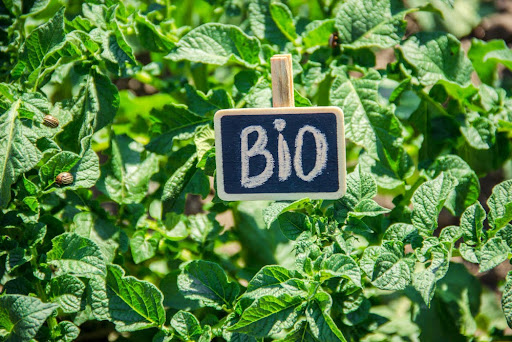Farmers are looking for sustainable options that increase soil health, increase crop yields, and lower environmental footprints. Of these innovations, EBC+ biochar for farming has become very popular. Supported by strict standards of the European Biochar Certificate (EBC+), this premium biochar provides quantifiable outcomes in soil enhancement as well as climate action.
Let’s get into the top 10 strong reasons why EBC+ biochar for agriculture is taking a step ahead in organic agriculture practices.
1. Enhances Soil Structure and Porosity
Biochar has a honeycomb-like structure. This structure raises the porosity of the soil, facilitating easy aeration and root growth. When introduced into dense or degraded soils, EBC+ biochar restores structure so that roots grow deeper and can absorb nutrients better.
2. Improves Water Retention and Drought Tolerance
During the rainy season or where there is irregular rainfall, water management is key. EBC+ biochar is like a sponge that retains and stores water in the soil. This results in crops being better hydrated for longer, lowering irrigation requirements and making crops more resistant to dry periods.
3. Enhances Nutrient Use Efficiency
Another prominent aspect of EBC+ biochar for farming is the capacity to retain nutrients in the root zone. Due to its extremely high cation exchange capacity (CEC), nutrients such as nitrogen, potassium, and phosphorus adhere to the surface of the biochar and become accessible to plants gradually, preventing leaching of nutrients and maximizing overall fertiliser efficiency.
4. Reduces Reliance on Chemical Fertilizers
By conserving nutrients and stimulating microbial life, biochar naturally diminishes the demand for chemical fertilizers. Gradually, farmers can use more natural inputs, which leads to healthier plants and reduces long-term production costs.
5. Fosters Healthy Microbial Activity
Healthy soils teem with healthy microbes. The permeable surface of EBC+ biochar provides micro-habitats to harbor microbial colonization. Microbes degrade organic matter, fix nitrogen, and defend against harmful pathogens, rendering soil biologically active and self-supporting.
6. Balances Soil pH
Soil pH directly influences nutrient absorption. Biochar stabilizes pH levels, particularly in acidic soils, providing the best conditions for crop development. With regular use, farmers can experience more balanced soil chemistry and more robust plant development.
7. Sequesters Carbon and Combats Climate Change
EBC+ biochar doesn’t just improve farming—it helps the planet too. It locks carbon in the soil for hundreds to thousands of years. Instead of releasing CO₂ into the atmosphere through burning biomass, turning it into biochar allows for long-term carbon storage. Farmers using biochar may also benefit from emerging carbon credit markets.
8. Improves Crop Yield and Quality
Research indicates that plants yielded higher and better-quality crops when they were cultivated using biochar-enriched soils. This is attributed to greater nutrient absorption, enhanced root growth, and balanced moisture levels. Vegetables and fruits tend to have richer colors, improved taste, and longer shelf life.
9. Long-Term Soil Investment
In contrast to other organic amendments that degrade rapidly, biochar persists in the soil for decades, offering advantages years after application. It is therefore a long-term investment in soil productivity and health, which is perfect for farmers seeking sustainable options that bring long-lasting benefits.
10. Turns Agricultural Waste into a Precious Resource
Biochar is typically produced from crop residues such as husks, stubble, and forest residues—material that would otherwise be burned or landfilled. Pyrolysis transforms these residues into a material that improves soil, reducing pollution and ending the loop of agricultural waste. It’s the ultimate example of a problem solved.
Bonus Benefit: Compliance and Certification
Using certified EBC+ biochar ensures traceability, quality assurance, and environmental compliance. Farmers and agri-businesses can confidently use it, knowing it meets international standards for sustainability and performance.
Conclusion: A Smarter Path Toward Regenerative Agriculture
Organic farming is more than just going chemical-free anymore; it’s about embracing methods that promote soil biota, minimize environmental footprint, and enhance crop yields. EBC+ biochar for farming is well within this vision, providing numerous benefits in terms of biology, agronomy, and climate.
ASQI is crucial to spreading high-quality biochar throughout India. By providing EBC+ and facilitating their correct application, ASQI enables farmers not just to enhance their soil and harvests but also to make a worthwhile contribution towards environmental sustainability. With ASQI, farm futures are regenerative, climate-smart, and based on quantifiable impact.







